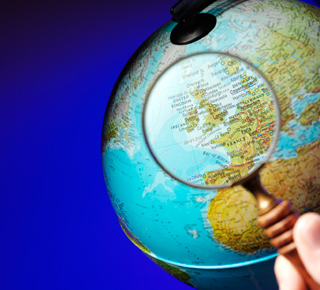Key Stage 1 Geography

Continents, Oceans, Maps and More
Geography at Key Stage 1 helps children understand the world around them — both near and far. Through topics like countries, capitals, maps, and natural features, pupils learn to recognise places, describe environments, and talk about where things are.
Our KS1 Geography quizzes make learning fun and memorable. They help children aged 5 to 7 build knowledge through repetition and gentle humour. Whether they’re learning the seven continents or the capital of Scotland, the quizzes offer a playful way to explore geography and support classroom learning.
We’ve got oceans, rivers, mountains, maps, and even a quiz about the weather (which British children know plenty about!). These quizzes help embed the basic vocabulary of geography: words like city, country, coast, and climate.
The idea is to make children feel confident as they progress — whether they’re learning where the equator is, or how to describe their local area. Quizzes are quick to play, easy to understand, and a great way for parents to get involved too.
Our KS1 Geography resources can help fill gaps in knowledge, boost curiosity, and bring the world to life for young learners. If your child knows the difference between the Arctic and the Antarctic, you’ll know it’s working!
National Curriculum Guidelines
According to the official National Curriculum for KS1 Geography, children should begin to develop knowledge of the world, the United Kingdom, and their local environment. They’re taught to name and locate the world’s continents and oceans, and identify countries, capitals and major landmarks within the UK.
Pupils are introduced to basic geographical vocabulary to describe key features such as beach, valley, mountain, and weather. They also use world maps, atlases, and globes to develop spatial awareness and understand direction.
Children should also be able to describe their own environment, compare it with other places, and talk about human and physical geography in simple terms.
By the end of KS1, pupils are expected to have a basic understanding of the world map, the physical and human characteristics of places, and how to talk about where things are using appropriate language.






















































